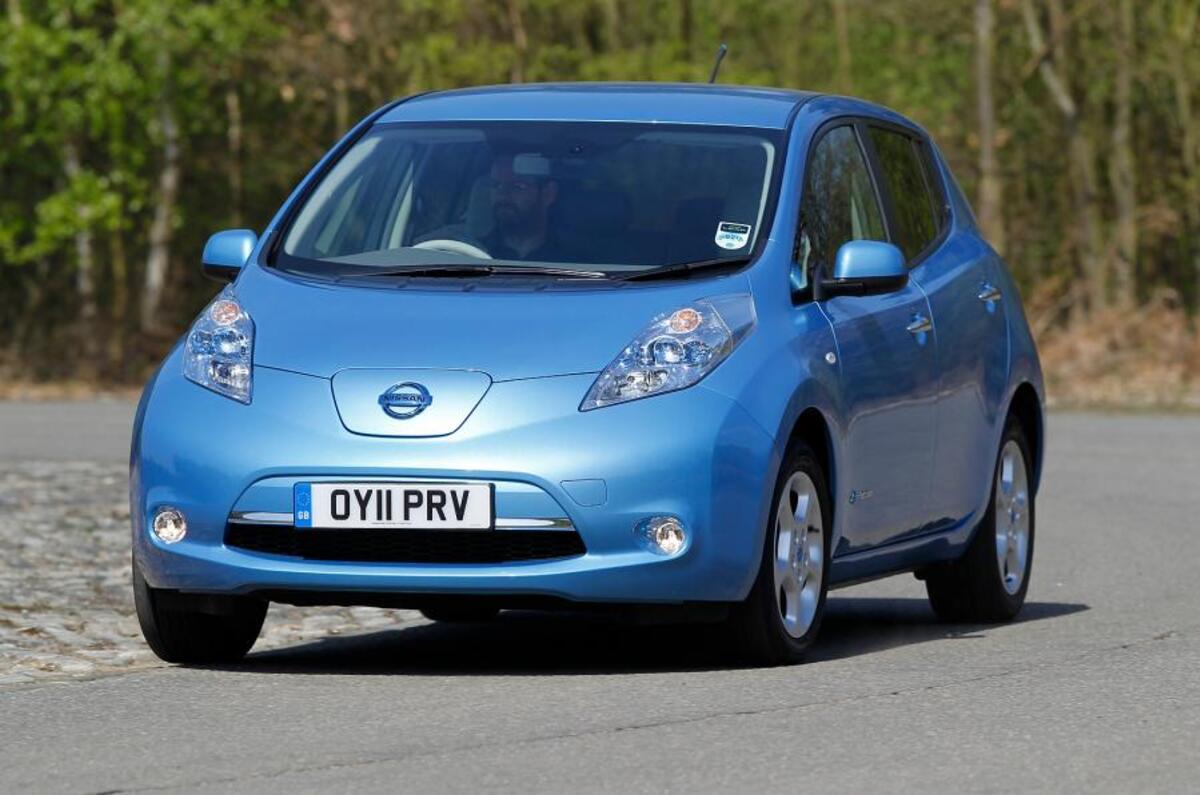“A lot of people underestimated just how big a commitment the Nissan Leaf was from Nissan,” says Tom McCabe, a senior engineer who’s been working on the world’s best-selling electric car for the past six years.
He’s right: here is a major car manufacturer that didn’t just flirt with electric car technology with an out-there concept car at a far-flung motor show, but went out and made a full global model built on three different continents.
“It was a huge commitment to move the game on and change the conventions of the industry,” McCabe adds. “Competitors are now realising this is something that needs to be done properly. More people are following now.”
Nissan is approaching the fifth anniversary of Leaf production, and it is the sixth anniversary of the model’s appearance at the 2009 Tokyo motor show after its debut earlier that summer. At this year’s show, the next-generation Leaf is being previewed with a new concept car that also introduces autonomous technology to the model.
It feels fitting, then, to look back on the impact the world’s first mass-produced electric car has had on the industry – and, autonomous tech aside, just what the future has in store for the Leaf.
The Japanese manufacturer has now sold close to 200,000 Leafs globally and 10,000 in the UK, almost 3000 of which were in the first half of this year alone, an achievement that was good for a 63.3% market share of electric vehicles.
Of course, the sales represent a tiny proportion of the almost 1.4m new cars registered in the UK in the first half of the year, but the pure electric segment almost doubled in the period to not far off 5000 units. Hybrids bolstered the sales further, with almost 35,000 of those sold in the first six months of 2015.
So while the market for low-carbon cars remains in its infancy, be in no doubt that demand is increasing rapidly.
The Leaf remains the flag bearer for the EV in this country. Sales started at the end of 2010 with a Japanese-built model, and in early 2013 a redesigned and re-engineered European version of the Leaf went into production at Nissan’s Sunderland plant, using 42% UK-sourced parts. Development was led by the Cranfield-based Nissan Technical Centre Europe, where McCabe and his team are based.
Conscious of how a big a step it was for a consumer to buy an electric car, McCabe’s team set about to ensure the Leaf was as normal to drive as possible. The EV segment’s growing sales figures suggest range anxiety is diminishing; although they won’t suit all customers, some find their needs can be fully served by a battery-powered vehicle.
McCabe says he had “no doubts” about whether the model would be a success, knowing the Leaf’s significance as the first high-profile EV would always count for something.








Join the debate
Add your comment
Leaf-to-Home Home Storage